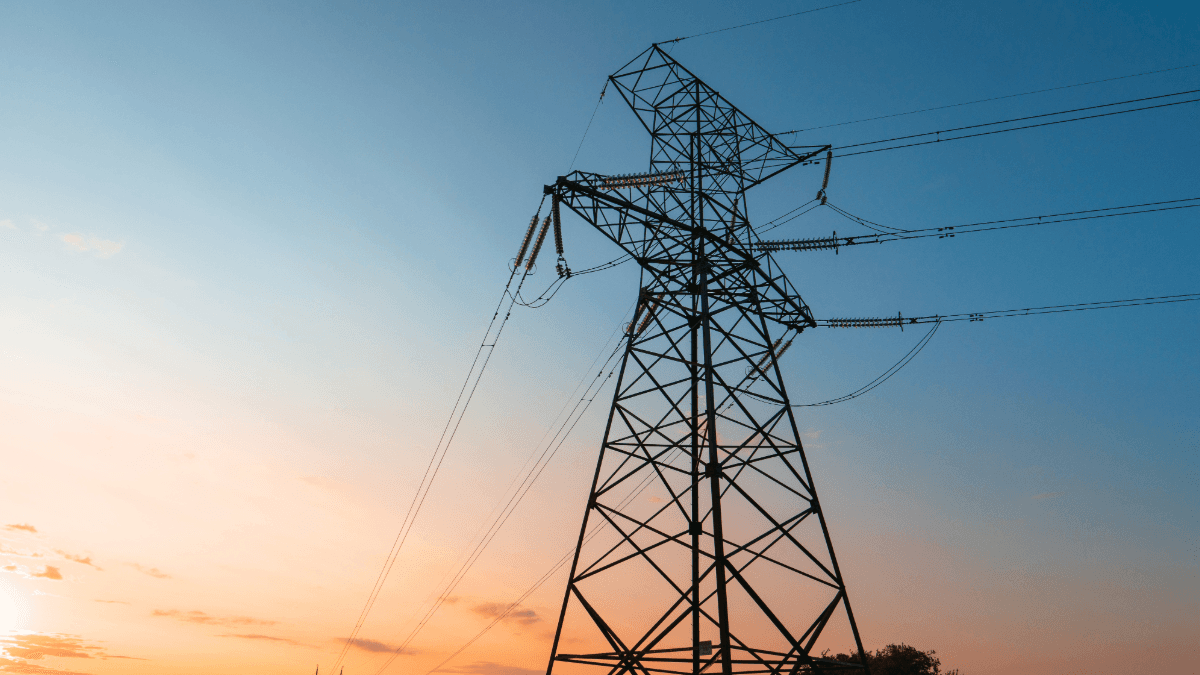Gas catch-up bill
Catch-up bill following series of estimated gas meter reads

Dispute
A customer contacted the CRU in relation to a large catch-up bill they had received for gas usage, which equated to around €11,500 (inc. VAT). The customer noted that they had been billed based on estimated meter reads since April 2020. No actual meter readings had been obtained by Gas Networks Ireland (GNI) during this time, and the customer advised that they had received no notification by GNI regarding any attempts made to obtain a meter reading. GNI took an actual meter reading in 2022, which generated a large catch-up bill for usage between 2020 and 2022.
The customer advised that they renewed their contract with their supplier both in 2021 and in 2022, and the issue of a lack of meter readings was never raised or discussed. The customer felt it unfair that their supplier billed them for this large catch-up bill based on current rates rather than historical rates. This meant that all the units were billed using the highest rate, which did not reflect the price at the various time periods over the two years in which the energy had been used.
The supplier did not uphold the customer’s complaint and advised the CRU that the customer had been billed in line with standard industry procedure, which is to charge the customer for usage as per the meter readings obtained by GNI, and to apply the rates applicable at that point in time. The supplier also noted that this process was in line with the T&Cs of the gas supply contract that the customer had accepted upon sign up.
Outcome
The CRU did not uphold the customer’s complaint as the supplier billed the customer in line with industry practice. However although the supplier billed the customer correctly, the CRU, in consideration of the current energy crisis, requested the supplier review billing from 2020 to 2022, apportion/pro-rate the energy usage (units) over bi-monthly billing periods, and apply the prices that applied at these various billing periods.
The CRU took into consideration that the period of 2020 to 2022 was not business as usual due to Covid, meaning GNI meter readings could not take place where meters were located internally. The supplier agreed to pro-rate the bill as a goodwill gesture.
Having calculated the unit rate and standing charges on a pro-rata basis since the opening read in 2020, the supplier reduced the bill to around €5,300. The supplier also noted that they were happy to provide a payment plan to help the customer with repayments.
Related Content
Water leak case study

Poor customer service case study
